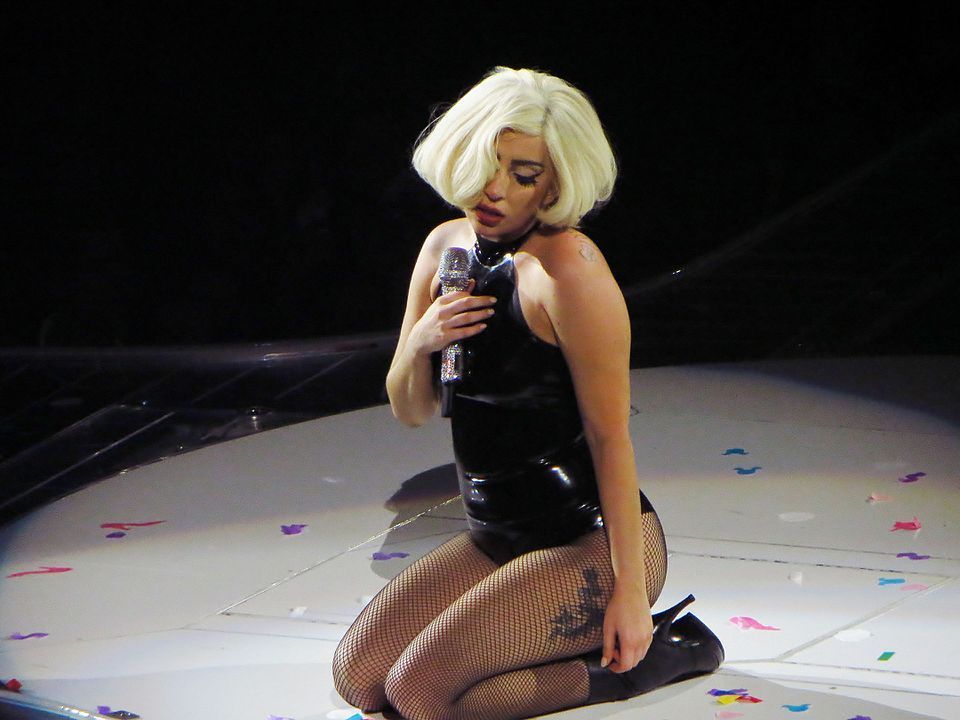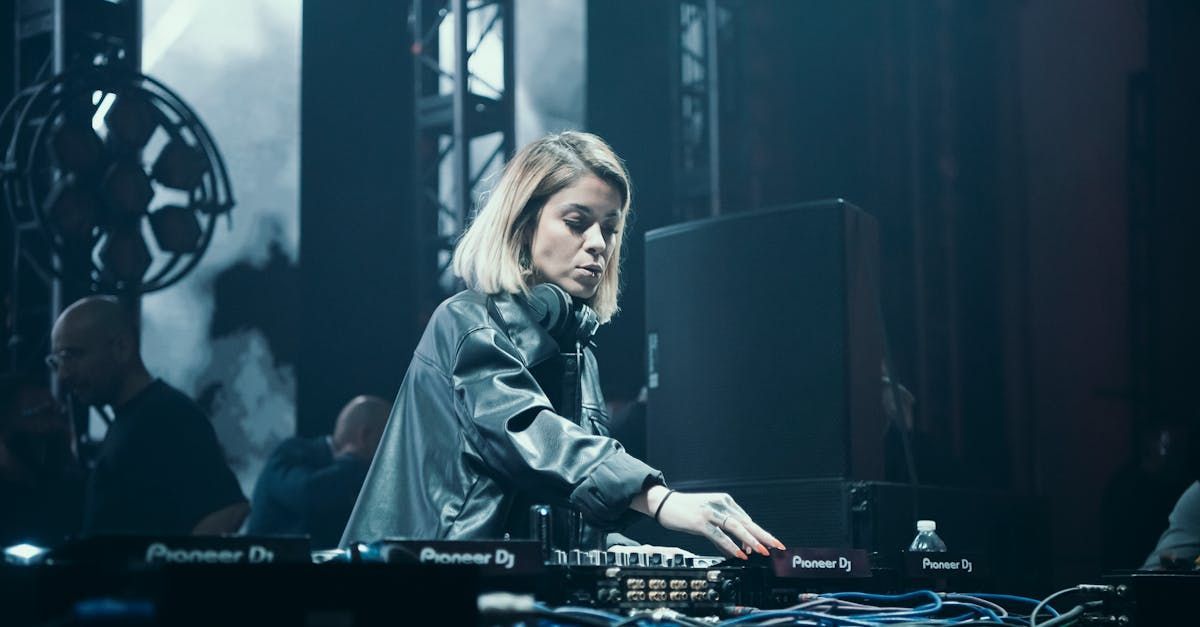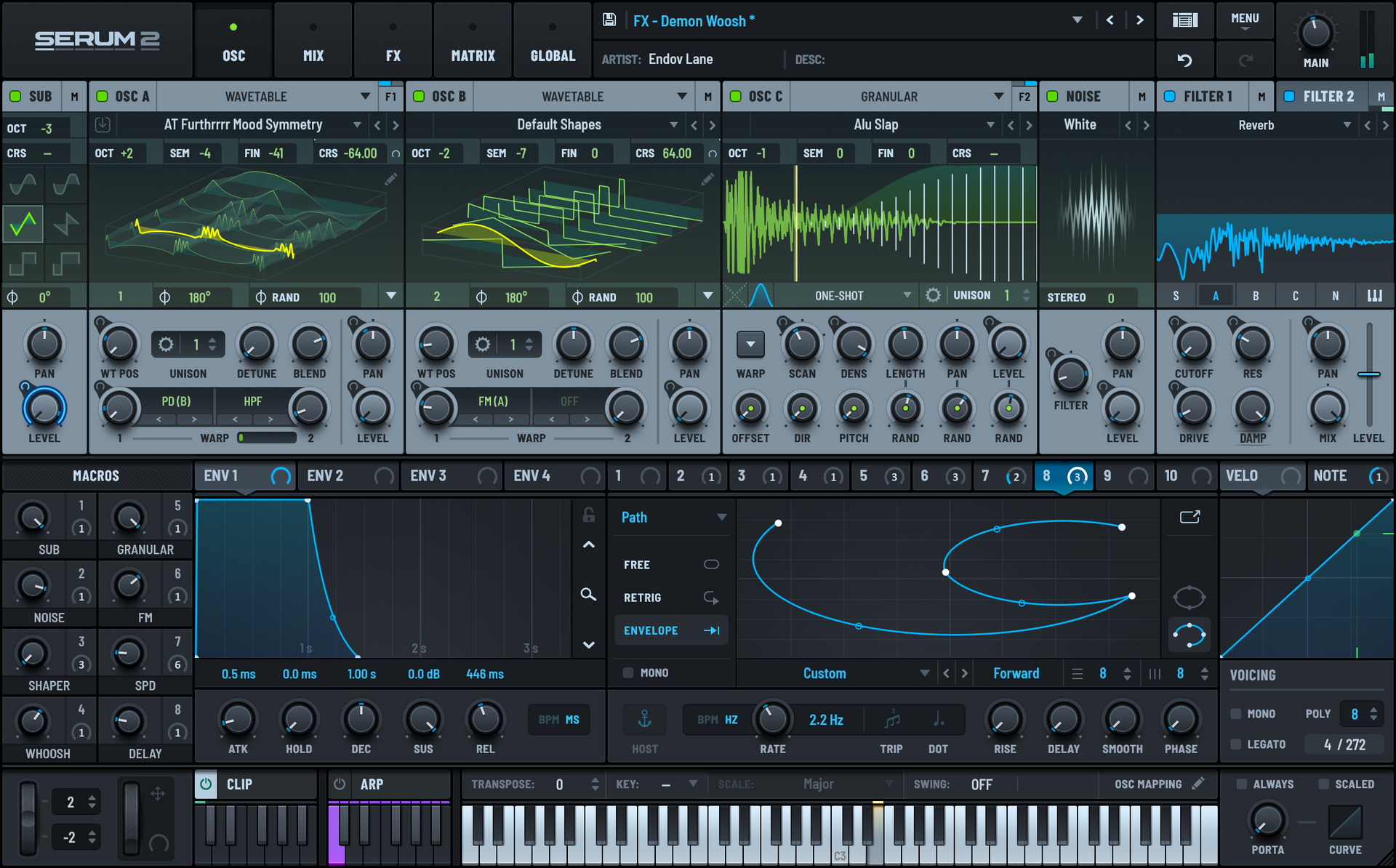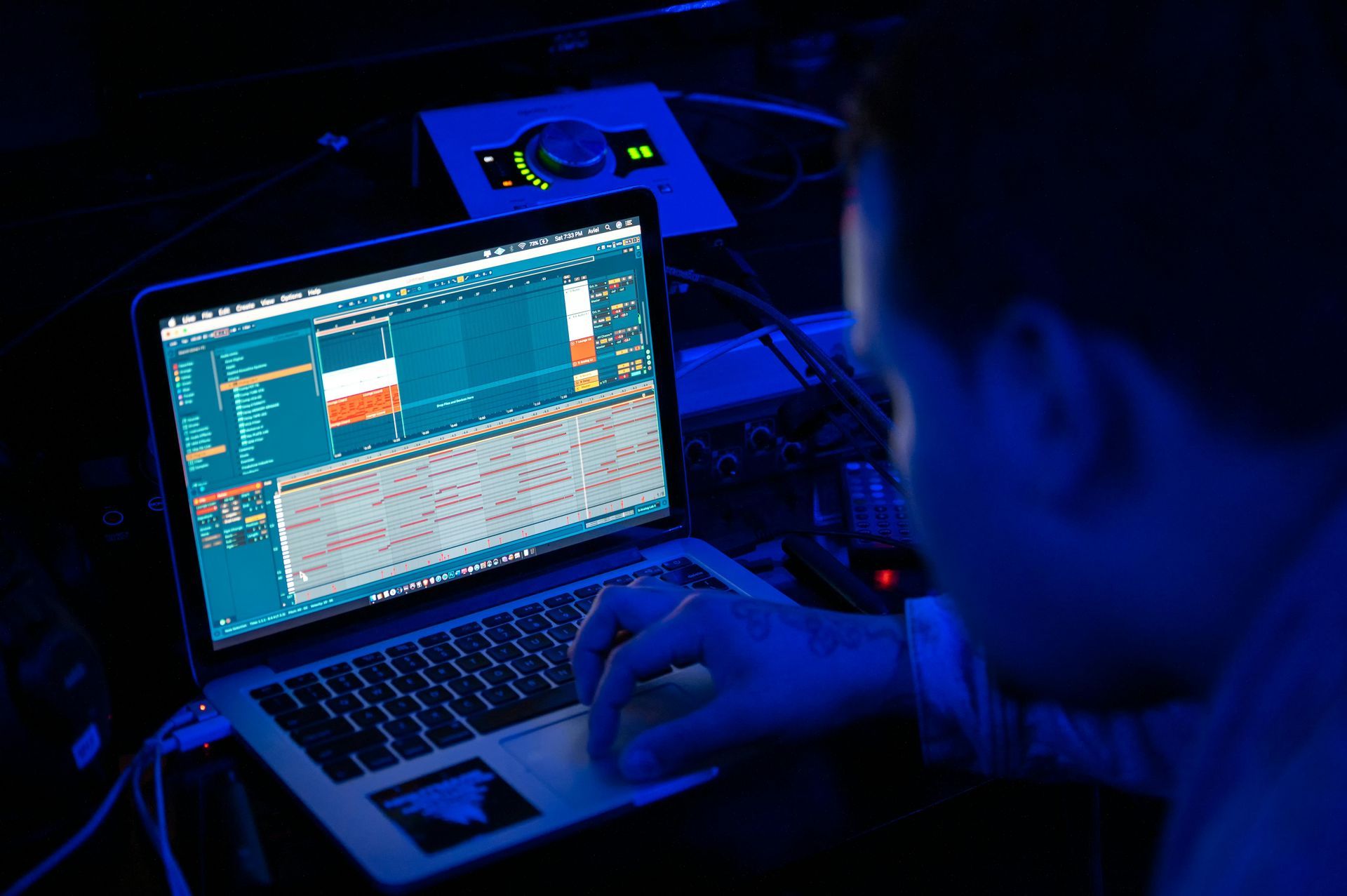Women in Electronic and Pop Music: Breaking Barriers
In the dynamic and ever-evolving realms of electronic and pop music, women have continually pushed boundaries, defied stereotypes, and reshaped the musical landscape. Despite facing numerous challenges, their relentless spirit and innovative contributions have paved the way for future generations of female artists. This article delves into the inspiring stories of women in electronic and pop music, highlighting their journey of breaking barriers and achieving remarkable success.
Women in Electronic and Pop Music
The world of electronic and pop music has traditionally been male-dominated, but women have steadily carved out a significant presence. Their influence spans across various roles, from producers and DJs to singers and songwriters. This section explores the history, challenges, and triumphs of women in these genres.
A Historical Perspective
Women have been an integral part of the music industry since its inception. However, their contributions in electronic and pop music have often been overshadowed by their male counterparts. Icons like Delia Derbyshire, who played a crucial role in developing electronic music in the 1960s, set the stage for future generations. Derbyshire's pioneering work with the BBC Radiophonic Workshop, particularly her composition of the "Doctor Who" theme, demonstrated the potential of electronic music and inspired countless women to explore this genre.
Breaking Stereotypes in Electronic Music
In electronic music, women like Wendy Carlos (the first trans women to win a Grammy) have made groundbreaking contributions. Carlos's 1968 album "Switched-On Bach" was one of the first classical music albums performed on a synthesizer, earning her three Grammy Awards and solidifying her place in music history. Today, artists like Moore Kismet and SOPHIE continue to challenge norms, blending genres and pushing the boundaries of what electronic music can be.
The Role of Female DJs and Producers
The role of DJs and producers is crucial in electronic music, yet women in these positions often face significant hurdles. Despite this, female DJs like Nina Kraviz and The Black Madonna have risen to prominence, earning respect and recognition for their innovative sounds and performances. These women have not only excelled in their craft but have also become powerful advocates for gender equality in the music industry.
Impact of Social Media and Technology
The rise of social media and advancements in technology have democratized the music industry, allowing more women to showcase their talents. Platforms like SoundCloud and YouTube have provided female artists with the opportunity to reach global audiences without traditional gatekeepers. This has led to a surge in female representation in electronic and pop music, with artists like Billie Eilish leveraging these platforms to achieve meteoric success.
Women in Pop Music: Shaping the Mainstream
Pop music, known for its widespread appeal, has seen a significant influence from female artists. Legends like Madonna and Whitney Houston paved the way, using their platforms to address social issues and empower women. Today's pop landscape continues to be shaped by influential female artists who are unafraid to challenge the status quo.
Empowering Messages and Themes
Female pop artists often use their music to convey powerful messages of empowerment and self-expression. Artists like Beyoncé and Taylor Swift have utilized their music to address issues such as feminism, self-worth, and resilience. Their lyrics resonate with audiences worldwide, inspiring listeners to embrace their individuality and stand up against societal norms.
Collaborations and Cross-Genre Innovations
Collaborations between female artists and those from other genres have resulted in innovative and genre-blurring music. For example, Lady Gaga's collaborations with electronic producers have led to chart-topping hits that fuse pop and electronic elements seamlessly. These collaborations not only highlight the versatility of female artists but also expand the boundaries of pop music.

Challenges and Triumphs
Despite their successes, women in electronic and pop music continue to face numerous challenges. Issues such as gender bias, underrepresentation, and the pressure to conform to industry standards persist. However, the triumphs of female artists in overcoming these obstacles are a testament to their resilience and talent.
Gender Bias and Industry Standards
The music industry has long been criticized for its gender bias, with female artists often facing discrimination and unequal opportunities. Women in electronic and pop music have had to navigate a landscape that frequently prioritizes male artists. However, through sheer determination and talent, many have managed to break through these barriers and achieve recognition.
Underrepresentation in Leadership Roles
While female artists have made significant strides, there is still a notable lack of representation in leadership roles within the music industry. Women are underrepresented in executive positions, leading to a lack of female perspectives in decision-making processes. This disparity highlights the need for greater inclusivity and diversity at all levels of the music industry.
The Power of Advocacy and Community
Advocacy and community support have played a crucial role in advancing the cause of women in electronic and pop music. Organizations like SheSaid.So and Women in Music provide networks and resources that empower female artists and industry professionals. These communities foster collaboration, mentorship, and a collective effort to create a more equitable music industry.
Celebrating Success Stories
Amidst the challenges, the success stories of women in electronic and pop music are truly inspiring. From winning prestigious awards to headlining major festivals, female artists have made indelible marks on the music world. Their achievements serve as a beacon of hope and motivation for aspiring female musicians.

INNOVATIVE FEMALE ARTISTS LEADING THE WAY
Innovative female artists continue to redefine electronic and pop music. Artists like FKA twigs and Halsey are known for their genre-defying music and bold artistic visions. By pushing creative boundaries, these women are not only contributing to the evolution of music but also inspiring a new generation of female musicians.
Educational Opportunities and Mentorship
Education and mentorship are critical in nurturing the talents of aspiring female musicians. Institutions like ICON Collective offer comprehensive programs that equip students with the skills and knowledge needed to succeed in the music industry. By providing a supportive and inclusive learning environment, these institutions play a vital role in fostering the next generation of female music leaders.
The Future of Women in Music
The future of women in electronic and pop music is bright, with more opportunities for female artists to shine than ever before. As societal attitudes continue to shift towards greater gender equality, the music industry is also evolving. This section explores the potential for further advancements and the exciting possibilities that lie ahead for women in music.
Embracing Diversity and Inclusion
Embracing diversity and inclusion is crucial for the continued growth of the music industry. By actively promoting and supporting female artists, the industry can benefit from a wider range of perspectives and creative ideas. This inclusivity not only enriches the music itself but also sets a positive example for other industries to follow.
Technological Advancements and New Platforms
Technological advancements and new platforms will continue to play a pivotal role in the future of music. Virtual reality concerts, AI-driven music production, and blockchain technology are just a few examples of innovations that could shape the music landscape. Female artists who leverage these technologies will be at the forefront of the industry's evolution.
Inspiring the Next Generation
Inspiring the next generation of female musicians is essential for sustaining the momentum of progress. By highlighting the achievements of women in electronic and pop music, young girls and aspiring artists can see the possibilities that lie ahead. Mentorship programs, workshops, and initiatives aimed at empowering young female musicians will be instrumental in fostering future talent.

Frequently Asked Questions
What challenges do women in electronic and pop music face?
Women in electronic and pop music face challenges such as gender bias, underrepresentation in leadership roles, and the pressure to conform to industry standards. Despite these obstacles, many female artists have achieved remarkable success through talent and determination.
Who are some pioneering women in electronic music?
Pioneering women in electronic music include Delia Derbyshire, Wendy Carlos, and more recently, artists like Moore Kismet, Grimes, and SOPHIE. These women have made significant contributions to the genre and continue to inspire future generations.
WhoHow have technological advancements impacted women in music? are some pioneering women in electronic music?
Technological advancements have democratized the music industry, providing female artists with platforms like SoundCloud and YouTube to showcase their talents. This has led to increased representation and opportunities for women in electronic and pop music.
What role do organizations play in supporting women in music?
Organizations like SheSaid.So and Women in Music play a crucial role in supporting women in the music industry. They provide networks, resources, and advocacy that empower female artists and industry professionals, fostering a more inclusive environment.
How can the music industry become more inclusive?
The music industry can become more inclusive by actively promoting and supporting female artists, ensuring diverse representation in leadership roles, and creating educational and mentorship opportunities for aspiring female musicians.
What is the future outlook for women in electronic and pop music?
The future outlook for women in electronic and pop music is promising, with increasing opportunities and advancements in technology. As societal attitudes shift towards greater gender equality, the music industry is also evolving to become more inclusive and supportive of female artists.
Conclusion
The journey of women in electronic and pop music is a testament to their resilience, creativity, and unwavering spirit. Despite facing numerous challenges, they have continually broken barriers, redefined genres, and inspired future generations. As we look to the future, it is essential to continue supporting and celebrating the contributions of women in music, ensuring a more inclusive and vibrant industry for all.



